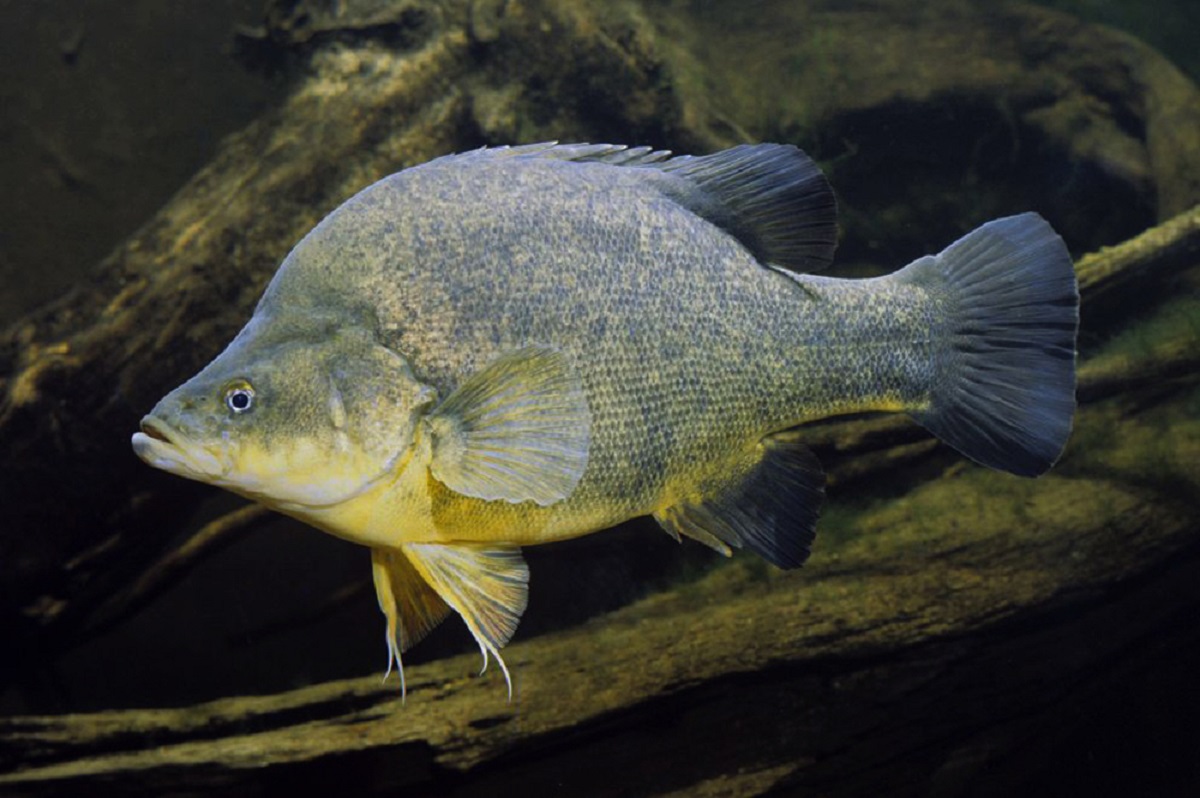
Flinders’ ecologists have discovered that the DNA of Australia’s wetland fish may hold the ‘golden key’ to saving them from climate change.
A team led by Professor Luciano Beheregaray has examined the genetic variation of native fish populations in the Murray-Darling Basin and found that the golden perch, also known as the ‘yellowbelly’, may be ‘genetically wired’ to cope with environmental change due to the harshness and unpredictability of its native habitat.
On World Wetlands Day, this research could be significant in progressing the conservation of one of Australia’s most ecologically and economically important wetland habitats.
“In many cases, the rate of environmental damage to our wetland ecosystems is exceeding evolution, however we now believe that those fish populations like the golden perch that already occupy extreme habitats have a high resilience to environmental change due to their DNA make-up,” says Dr Catherine Attard, who assisted in the research and who lectures in molecular ecology at Flinders University.
“By analysing the genetic variation of golden perch populations in the Murray-Darling Basin, we have indeed been able to show that environmental variability is a driving force in genetic diversity and natural selection and may help future-proof the species in an increasingly human-modified world.
“The survivabilty of the golden perch is aided by the fact that this fish species can traverse thousands of kilometres and brood in a number of different habitats along the Murray-Darling flow line, enabling it to distribute its genetic diversity,” Dr Attard says.
In contrast, the research team has also shown that another freshwater fish in the Murray-Darling Basin, the threatened southern pygmy perch, is less likely to cope with climate change.
“We have seen that the southern pygmy perch and many other small native fish in the Murray-Darling are incapable of moving long distances.
“Their populations have become fragmented and so, even if they were genetically resilient to environmental change, their diversity cannot currently spread to newly-altered habitats,” says Dr Attard.
Currently the Murray-Darling Basin is home to 46 species of native fish which have been reduced to 10 per cent of their pre-colonisation population levels due to the loss and degradation of habitat.
Australia’s Native Fish Strategy for the Murray-Darling Basin aims to rehabilitate native fish communities back to 60 per cent of their pre-colonisation levels by 2050.
“Biodiversity is the key to achieving the ambitious agenda of the Native Fish Strategy because it underpins all life,” says Dr Attard.
“Without biodiversity there is no sustainable food chain, no water purity, no clean air, and no healthy ecosystems.
“Given that climate change is expected to increase aridity across our river systems and further alter native habitats, there has never been a better time to study the genetic resilience of our native species and use this information to fortify our aquatic wilderness,” Dr Attard says.
“We can now help pinpoint which species are particularly threatened by climate change and enact conservation strategies to save them, such as translocation or captive breeding followed by reintroduction to favourable habitats”.
This research received financial support from the Australian Research Council through a Future Fellowship grant.
Dr Attard and Professor Beheregaray are now working with their collaborators to examine the susceptibility of other native fish species to environmental change.
The full details of the golden perch study can be found in the published paper: Attard C, Brauer C, Sandoval-Castillo J et al. ‘Ecological disturbance influences adaptive divergence despite high gene flow in golden perch (Macquaria ambigua): Implications for management and resilience to climate change’. Molecular Ecology, 21 December 2017, DOI: 10.1111/mec.14438.

